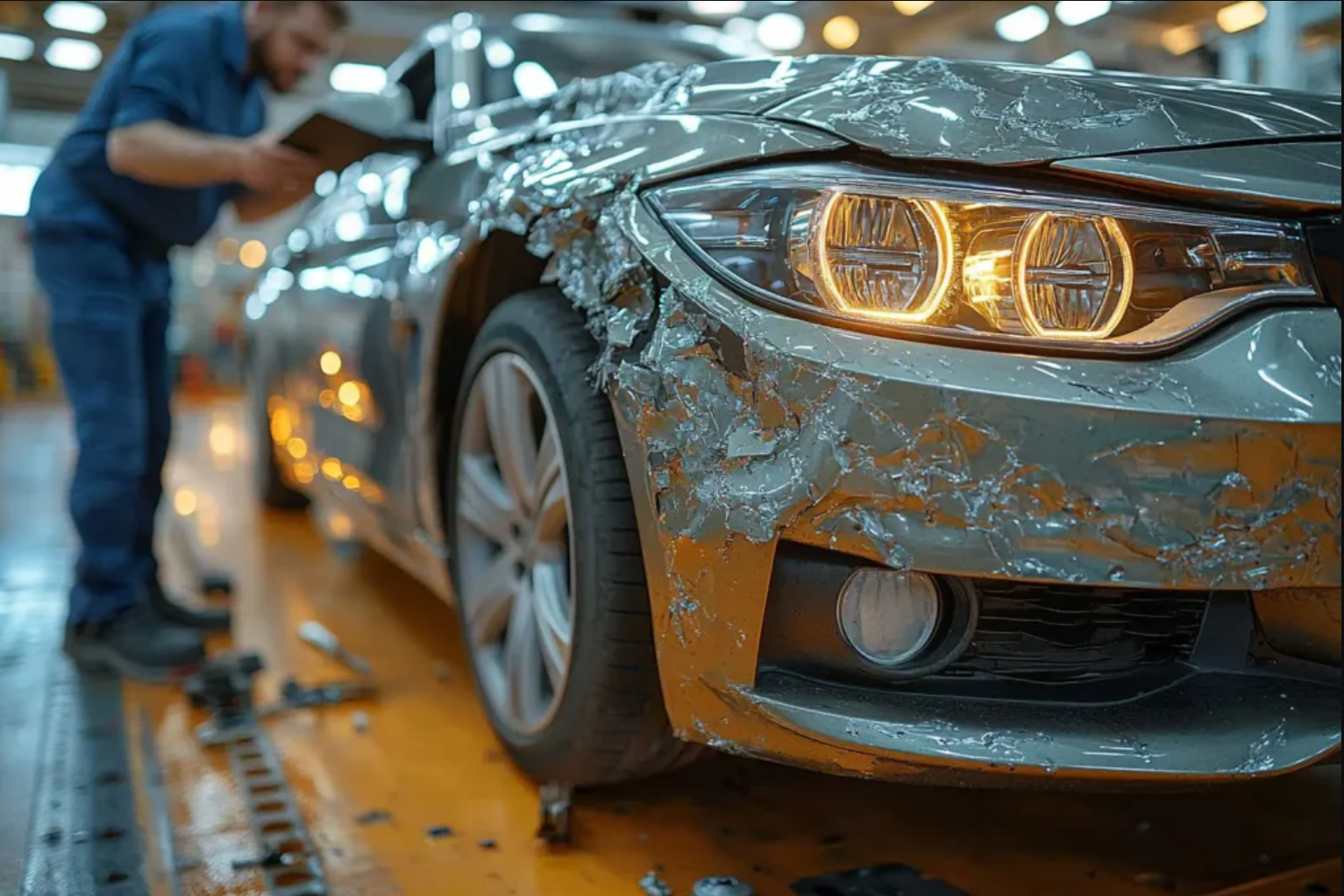
130% Regulation in the case of vehicle damage: How does the appraiser make a decision and what is his role?
POST CONTENT
130% Regulation in the case of vehicle damage: How does the appraiser make a decision and what is his role?
This is where the 130% regulation comes into play, which helps determine whether the vehicle will be repaired or written off, or what other options are available. In this process, it is crucial to have professional assistance, and the role of the appraiser, such as Asim Mrković, is very important.
What is the 130% regulation?
The 130% regulation refers to a rule whereby, if the cost of repairing a vehicle is less than or equal to 130% of its market value before the accident, the vehicle can be repaired. If the repair costs exceed this amount, the vehicle is declared a total loss. This framework allows for a rational decision to be made about whether repairing the vehicle is economically viable.
How does it work?
Imagine that the vehicle had a market value of €10,000 before the accident. According to the 130% regulation, the appraiser can approve repairs up to €13,000 (130% of €10,000). If the repair costs are below this amount, repairs are possible, and the vehicle can be returned to a functional state. However, if the repair costs exceed €13,000, the vehicle would be declared a total loss, and the insurance will not cover the repair costs.
The role of the appraiser
Asim Mrković, as an appraiser, plays a crucial role in the damage assessment process. He analyzes all relevant factors that influence the decision-making, such as:
- Assessment of the vehicle’s market value before the accident:
The first step is to determine the market value of the vehicle before the accident, based on factors like the vehicle’s age, mileage, condition, and other factors. Based on this, the appraiser can determine the initial value of the vehicle. - Assessment of repair costs:
After determining the market value, the appraiser calculates how much it would cost to repair the vehicle. This amount must be within 130% of the market value for the repair to be justified. - Determining the remaining value of the vehicle:
The remaining value of the vehicle in its current condition (after the accident) is also a key factor that the appraiser considers. This amount can indicate whether it is economically reasonable to repair the vehicle or if it is better to explore other options, such as compensation. - Specific circumstances and calculations:
The appraiser also takes into account the specific circumstances of each case, such as hidden damages or specific features of the vehicle that may affect its remaining value. Based on this information, the appraiser will explain the options to the client and provide clear guidance.
Options in the process
It is important to emphasize that there are several options available to the vehicle owner after an accident. These are options that the appraiser, such as Asim Mrković, will explain to each client based on accurate assessments of the vehicle’s market value, repair costs, and remaining value. With professional assistance, vehicle owners can make an informed decision about what the best option is for their specific situation.
The importance of consulting an expert
Although the 130% regulation provides a framework for decision-making, each situation may have its own specificities. Therefore, it is extremely important to consult an expert like Asim Mrković, who will thoroughly analyze your situation and explain all the options available. This information serves as a general guideline, and each case deserves a careful approach based on a concrete damage and vehicle assessment.
Conclusion
In the damage assessment process under the 130% regulation, professional evaluation plays a key role in making the right decision. Asim Mrković, as a qualified appraiser, plays a crucial role in accurately determining the vehicle’s market value, repair costs, and remaining value. After providing all necessary calculations and assessments, vehicle owners receive clear guidance and options for further action.
For specific advice related to your situation, it is always best to consult with an expert to make the best decision.
More Posts

Whether it was a small fender-bender or a serious

You parked your car, and when you came back,
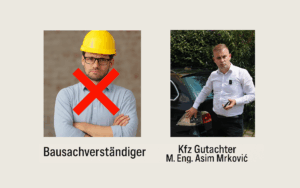
Wondering why your search for a “building surveyor in
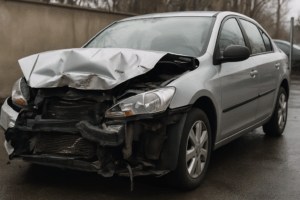
From the perspective of an independent Kfz appraiser –
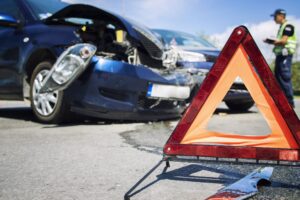
More and more drivers travel from Germany to other
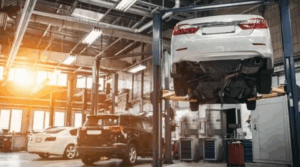
The question of where to service your car often

When you’re involved in a traffic accident, beyond the

Life often writes unpredictable stories, and one of the

The job of a damage assessor is often dynamic
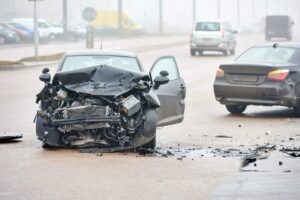
When a traffic accident occurs and a vehicle is